Caregivers are a vital part of maintaining health for others, regardless of age. Merriam-Webster defines a caregiver as a person who gives help and protection to someone who is sick. This definition can also be expanded to a person who gives help and protection to another person. Caregivers are not only providers, but they also are recipients of care. Their role puts them at risk for health conditions of their own.
One study of primary family caregivers showed that 44% suffered from anxiety and depression, 15% pre-loss grief, and 10% from moderate to severe levels of demoralization. Caregivers often have poor sleep patterns as they “keep one eye open” at all times. Even caregivers who do not live with their charge do not sleep well as they are hypervigilant about the phone ringing with an issue.
–
“Caregivers are not only providers, but they also are recipients of care. Their role puts them at risk for health conditions of their own.”
Caregiver access to the ill person’s medical information can be difficult as hospitals and offices may not grant information access to the caregiver. As the issue is more broadly recognized, this is beginning to change. If able, the sick person should have durable power of healthcare documents on file with the institutions or specifically sign a release to allow sharing of medical information.



